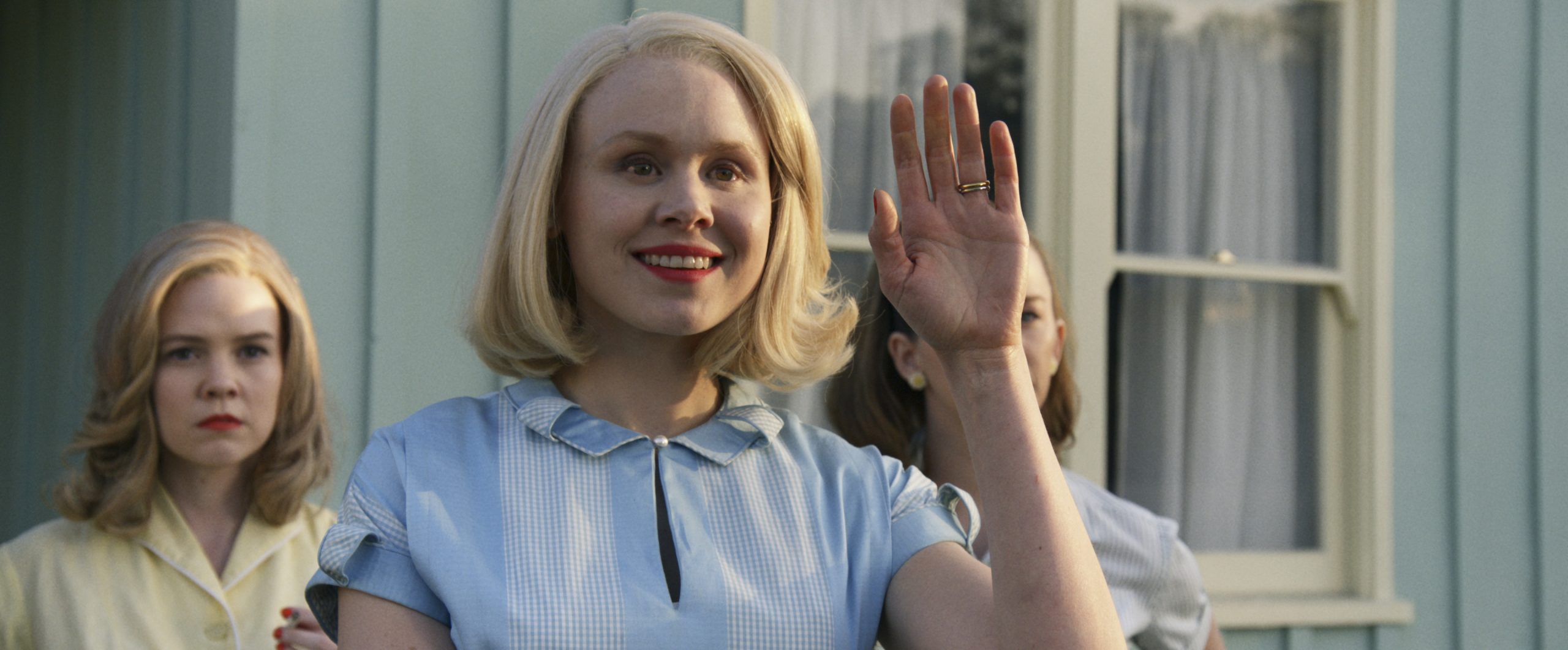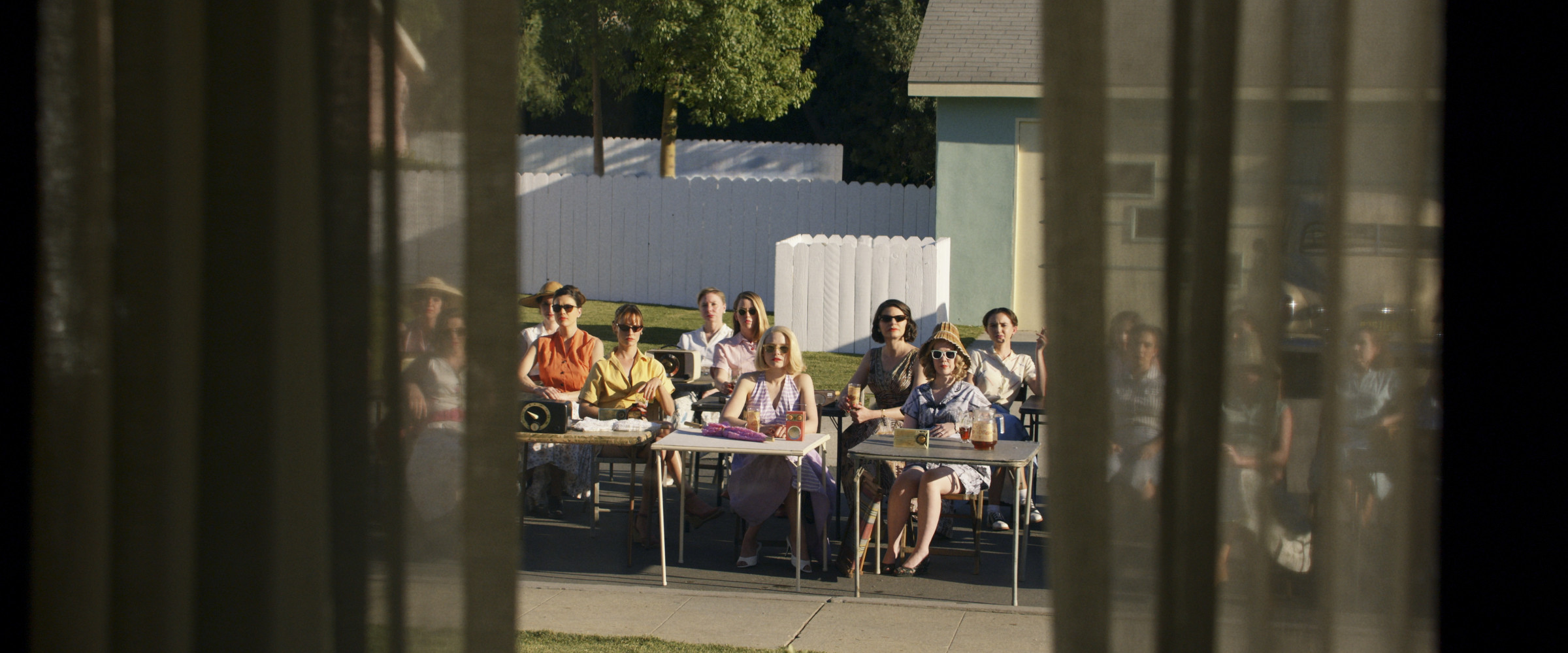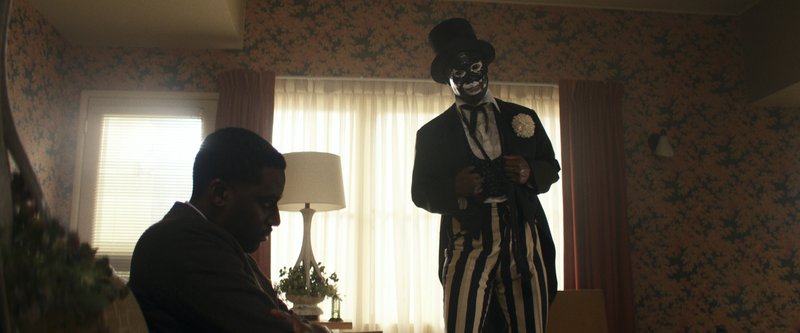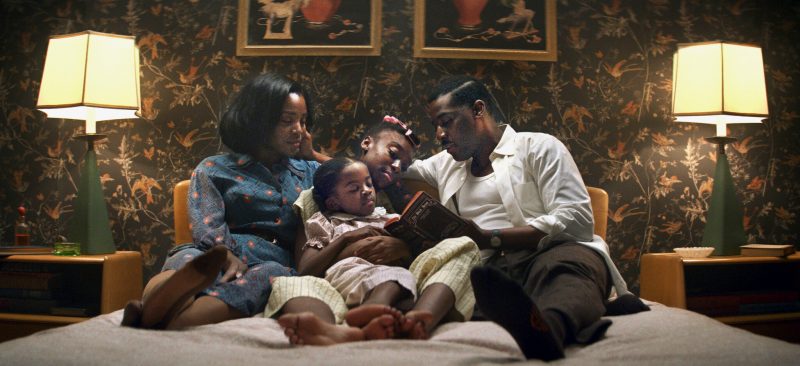Jordan Peele, if he has accomplished one thing, it is the groundbreaking integration of the theme of racism, which we have seen numerous times on screens for years, into the horror genre in a brand new way. His approach to fear has given rise to a new narrative language that is psychological and ethnically distinct. Get Out and Us, both directed by Peele, are two of the most talked-about and well-received horror films in recent years. The most prominent feature of these two films is the presence of Black protagonists who confront unidentified threats in a predominantly white environment. Over the past decade, we have witnessed many films that provide a comprehensive and unfiltered look at the horrifying aspects of racism and slavery, some of which have rightfully received Oscars. However, this narrative style appears to be evolving, and stories presented by third parties are being set aside. Instead, the focus is now on individuals who inflict harm upon themselves due to the fear that accumulates within them. His House, released last year, is a successful example of this genre. Them, in my opinion, represents the newest and most successful manifestation of this new approach.

Let’s briefly discuss the plot… In the 1950s, many African-American citizens migrated from the East to the West, believing they would find greater safety amidst an economic crisis. The Emory family is one of these families. They move to a predominantly white neighborhood in North Carolina, hoping for a fresh start, but unknowingly enter into a nightmare in which they become trapped. Despite their admiration for the neighborhood and the house they live in, none of the residents welcome them. This tension initiates a struggle between the Emory family and the community.
Nate King Cole, once a legendary singer, purchased a house in Hancock Park, Los Angeles, in 1948, a neighborhood exclusively inhabited by white people. Despite being one of the most famous singers of the time, his skin color surpassed his identity, and he was constantly harassed by the neighborhood residents throughout his time living in that house. The Ku Klux Klan even left a burning cross in front of his home. Not only the neighbors but also the state system engaged in a significant battle to evict him from his house.
Them tells exactly that story. The Emory family becomes the target of the racist housewives in the neighborhood. These women, who make a hobby out of dealing with the Emory family while their husbands are at work, end up exacerbating the situation by fueling the events behind their husbands’ backs. This oppressive situation leads to the Emory family being plagued by nightmares. So much so that the family, unable to bear the pressure, starts struggling not only with the women in the neighborhood but also with other “entities.”

The distinction between third parties and individual characters that I mentioned in the first paragraph begins here. The housewives act as third parties, displaying racist behavior towards the family from the outside. However, the series also focuses on the problems caused by individual characters. In fact, the nightmare that looms over the Emory family throughout the series is nothing but their own internal fears. With each step they take, the fear of “what if” eventually leads to their own self-fulfilling prophecies. The family, perceiving everything they hear, see, and experience in a negative light, profoundly internalizes racism, creating an antagonistic “persona” within themselves. The personal fears that start preying on each family member manifest in a tangible form from the very first episode, casting a nightmarish shadow over all of them.
The most successful part of the series is the stage where racism is being accepted. After enduring insults, imposed rules, and directed accusations, our characters fall into the paranoia of “what if we are actually like they say.” This paranoia gives rise to a character unlike any other in the history of television: the Tap Dance Man. While the family fights against external attacks, they also struggle internally with their fears and doubts, sometimes reaching the point of accepting all the impositions attributed to them. This approach is the most successful interpretation of racism I have seen so far. For those of us living in 2021, it may be easy not to take what is being said seriously anymore, but in 1950s America, even uttering “what if” once in the pit of racism could cause you to sink into a quagmire.
Them stands out not only for what it tries to convey but also for how it conveys it. Here, we can see the influence of Jordan Peele. Everything in the series, from the music to the cinematography, from the acting to the effects, brilliantly supports the atmosphere of paranoia created. Additionally, in the 9th episode, the series delivers a unique and spine-chilling experience through a time-travel narrative, unlike anything we have seen before.

In essence… When a lie is told too often, we begin to believe it. When a sentence is constantly imposed on you, even if you don’t believe it, you start to ask yourself “what if” and question yourself. It is at the moment when you start asking this “what if” question and begin to question that you may fall into an inescapable darkness. The Emory family not only fights against third parties in the classic struggle against racism but also reaches a point where they can no longer tolerate the impositions imposed on them and start questioning themselves. In their new home, where they arrived with a sense of peace, they battle their origins. They give birth to a body from their fears and allow their fears to guide them. The greatest battle is the one we fight with ourselves. Considering that a Black person fought this battle in 1950s America, we can say that it was an extremely difficult war to win. Thanks to Little Marvin, he has turned this battle into a magnificent psychological thriller and has created, in my opinion, the best series made in 2021. In fact, I would even go so far as to say that it has provided us with an interpretation that we will appreciate even more in the future.

Cast & Crew
creator: Little Marvin
starring: Deborah Ayorinde, Ashley Thomas, Alison Pill, Shahadi Wright Joseph, Melody Hurd, Ryan Kwanten
USA | 2021 | 10 EPISODES |
